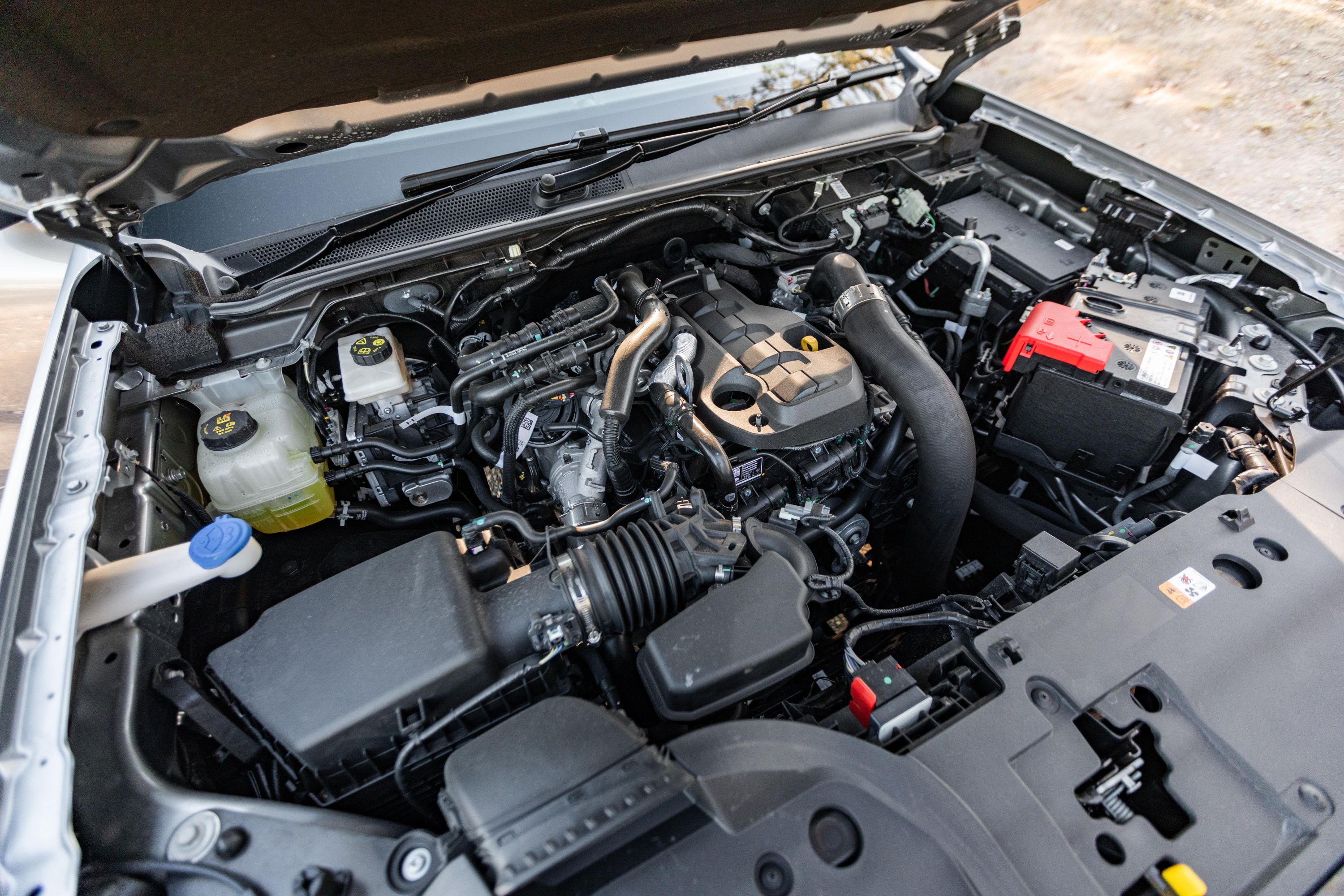What Makes a Car Engine Run Efficiently: Leading Tips for Optimal Treatment
The smooth operation of a vehicle engine is fundamental to both efficiency and long life, making optimum treatment an essential responsibility for vehicle proprietors. Trick methods, such as regular oil modifications, maintaining coolant degrees, and monitoring air filters, are crucial yet often ignored. Moreover, the importance of inspecting spark plugs and making certain correct tire pressure can not be underrated. Recognizing just how these elements interconnect can boost not only the effectiveness of your vehicle however also your general driving experience. What details actions should you focus on to guarantee your engine continues to be in peak problem?
Regular Oil Adjustments
Among one of the most essential elements of vehicle upkeep is guaranteeing your engine receives routine oil changes. Engine oil lubes internal parts, minimizes rubbing, and helps preserve ideal operating temperatures. Over time, oil breaks down as a result of warm, contaminants, and the all-natural byproducts of burning, bring about minimized effectiveness and possible engine damage.
Many suppliers recommend altering the oil every 5,000 to 7,500 miles, but this period can vary based on driving problems and oil kind. Artificial oils might permit for longer intervals in between modifications. Regular oil adjustments not only enhance engine performance however also improve fuel effectiveness, as clean oil advertises smoother operation.
Disregarding oil modifications can result in sludge build-up, which harms circulation and can bring about severe engine concerns. It is crucial to check oil levels on a regular basis and check for any unusual modifications in color or uniformity, which can indicate contamination or degradation.

Maintaining Coolant Levels
Preserving proper coolant levels is vital for protecting against engine overheating and ensuring optimal efficiency. The coolant, commonly a mixture of water and antifreeze, distributes via the engine, absorbing warm and avoiding thermal anxiety. Insufficient coolant can cause boosted engine temperatures, which may trigger serious damage or even complete engine failure.
To preserve ideal coolant degrees, on a regular basis check the coolant reservoir, typically located in the engine bay. Ensure the coolant is loaded to the recommended mark, as suggested in your car's owner manual. It is suggested to examine the levels at least when a month or soon journeys, particularly throughout severe climate condition.
If you discover that the coolant level is consistently low, there may be a leak in the cooling system, which ought to be dealt with immediately to avoid additional difficulties. 2.2 ford ranger engine. In addition, check my source purging the coolant system every two to 3 years can help get rid of any accumulated debris and ensure efficient warmth exchange
Monitoring Air Filters

It is suggested to inspect the air filter every 12,000 to 15,000 miles, or a lot more regularly if driving in dusty or damaging problems. An easy visual examination can commonly reveal whether the filter is filthy or damaged. It needs to be changed without delay. if the filter appears tarnished or has visible dirt buildup.
Utilizing a premium air filter made for your specific car model can further improve engine efficiency. In addition, some vehicles might benefit from multiple-use filters that can be cleaned up and re-installed, providing a economical and eco-friendly alternative.
Inspecting Flicker Plugs
Ignition system are crucial parts of a vehicle's ignition system, straight influencing engine performance and efficiency. They produce the stimulate that fires up the air-fuel mixture in the burning chamber, helping with the engine's power generation. Regular inspection of spark plugs is vital for maintaining optimum engine feature and protecting against possible issues.
Dark residue or oil deposits can indicate incorrect combustion, while a white or raw look may suggest getting too hot. Both conditions call for instant attention to stop additional engine damages.
It's a good idea to check stimulate Visit Your URL plugs every 30,000 miles, or as recommended in your car's owner manual. In addition, take into consideration replacing them according to the supplier's standards, as worn or old stimulate plugs can result in misfires, reduced fuel effectiveness, and increased emissions.
Tracking Tire Pressure
Under-inflated tires can lead to reduced fuel effectiveness, boosted tire wear, and endangered handling. Routine monitoring of tire stress is vital for ideal car operation.
Tire pressure should be examined at the very least once a month and soon trips. Make use of a reputable tire stress scale to determine the pressure when the tires are cold, ideally before the car has been driven for a minimum of three hours. Refer to the vehicle's owner manual or the placard situated on the driver's side door jamb for the manufacturer's advised pressure levels.
It is necessary to keep in mind that tire pressure can change with changes in temperature level; a decline of 10 ° F can result in a 1-2 psi reduction in stress. Additionally, aesthetically inspect tires for any signs of wear or damage throughout your surveillance regimen. Keeping appropriate tire stress not only improves vehicle security yet also boosts gas effectiveness and prolongs tire life, eventually contributing to a smoother engine performance.
Conclusion
Finally, keeping an automobile engine's smooth operation needs diligent focus to several vital factors. Routine oil changes, correct coolant levels, tidy air filters, well-kept ignition system, and optimal tire pressure collectively contribute go to website to enhanced efficiency and long life. Complying with these upkeep methods not just improves gas effectiveness however likewise advertises a much safer driving experience. Ultimately, an aggressive method to engine treatment is vital for guaranteeing reliability and functionality gradually. 2.2 ford ranger engine.
One of the most vital aspects of automobile upkeep is ensuring your engine gets regular oil changes. Engine oil lubricates interior elements, decreases friction, and assists maintain optimum operating temperatures. Regular oil changes not only improve engine performance however additionally boost gas effectiveness, as tidy oil promotes smoother procedure.
Not enough coolant can lead to enhanced engine temperatures, which might trigger severe damages or even overall engine failure.
